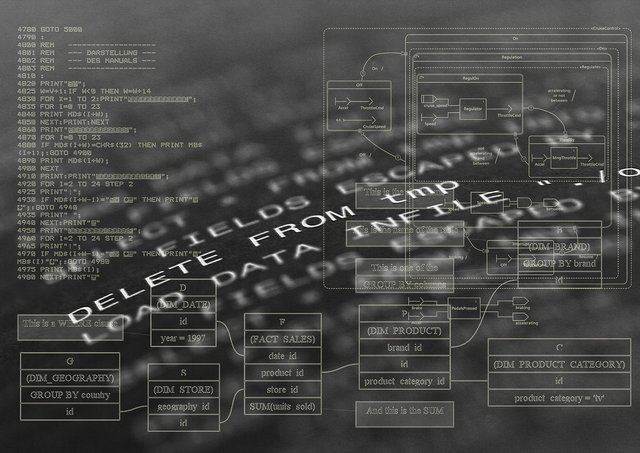[TIL] Five Principles for Accountability of Algorithms
Today I Learned Five Principles for Accountability of Algorithms

[Image Source: pixabay.com, License: CC0, Public Domain]
The article, How to Hold Algorithms Accountable, from MIT Technology Review, came across my RSS feed the other day. In this article, Nicholas Diakopoulos and Sorelle Friedler tell us a little about why there needs to be accountability for algorithmic systems and how to accomplish it.
According to the article's footnote,
Nicholas Diakopoulos is an assistant professor at the University of Maryland, College Park. Sorelle Friedler is an assistant professor at Haverford College, and an affiliate at the Data & Society Research Institute.
In the article, the authors talk about the importance of accountability in algorithmic systems, using the potential for racial bias in a risk assessment score that is used by decision makers in the criminal justice system as an example. Other examples of algorithmic systems that could have negative human impact include the algorithms that are used to steer autonomous vehicles, the algorithms that are used to make lending decisions, and facebook's recent dust-up over "fake news" sites. So I agree with the authors that accountability for these systems is important.
To address these concerns, the authors offer five principles for accountability and suggest that organizations that deal with algorithms should develop social impact statements.
Their five principles for accountability are:
Responsibility: There must be someone with the authority to address an algorithm's detrimental impacts in a timely manner.
Explainability: An algorithm's decision must be explainable to anyone who it affects.
Accuracy: Sources of error need to be identified, benchmarked, and logged.
Auditability: Third parties should be able to probe, review, monitor, check, and criticize the behavior of algorithms.
Fairness: Algorithms making decisions that affect individuals should be evaluated for discriminatory effects, and the evaluation's results and criteria should be publicly available.
Anyone who deals with algorithmic systems in their professional life may want to learn more about these concepts and consider developing a Social Impact Statement for Algorithms for their own organization.
For more information:
- How to Hold Algorithms Accountable
- Principles for Accountable Algorithms and a Social Impact Statement for Algorithms
@remlaps is an Information Technology professional with three decades of business experience working with telecommunications and computing technologies. He has a bachelor's degree in mathematics, a master's degree in computer science, and is currently completing a doctoral degree in information technology.
I didn't know you speak Chinese!
wow !!! very interesting article. enjoyed :D
Thanks! I am glad you enjoyed it.